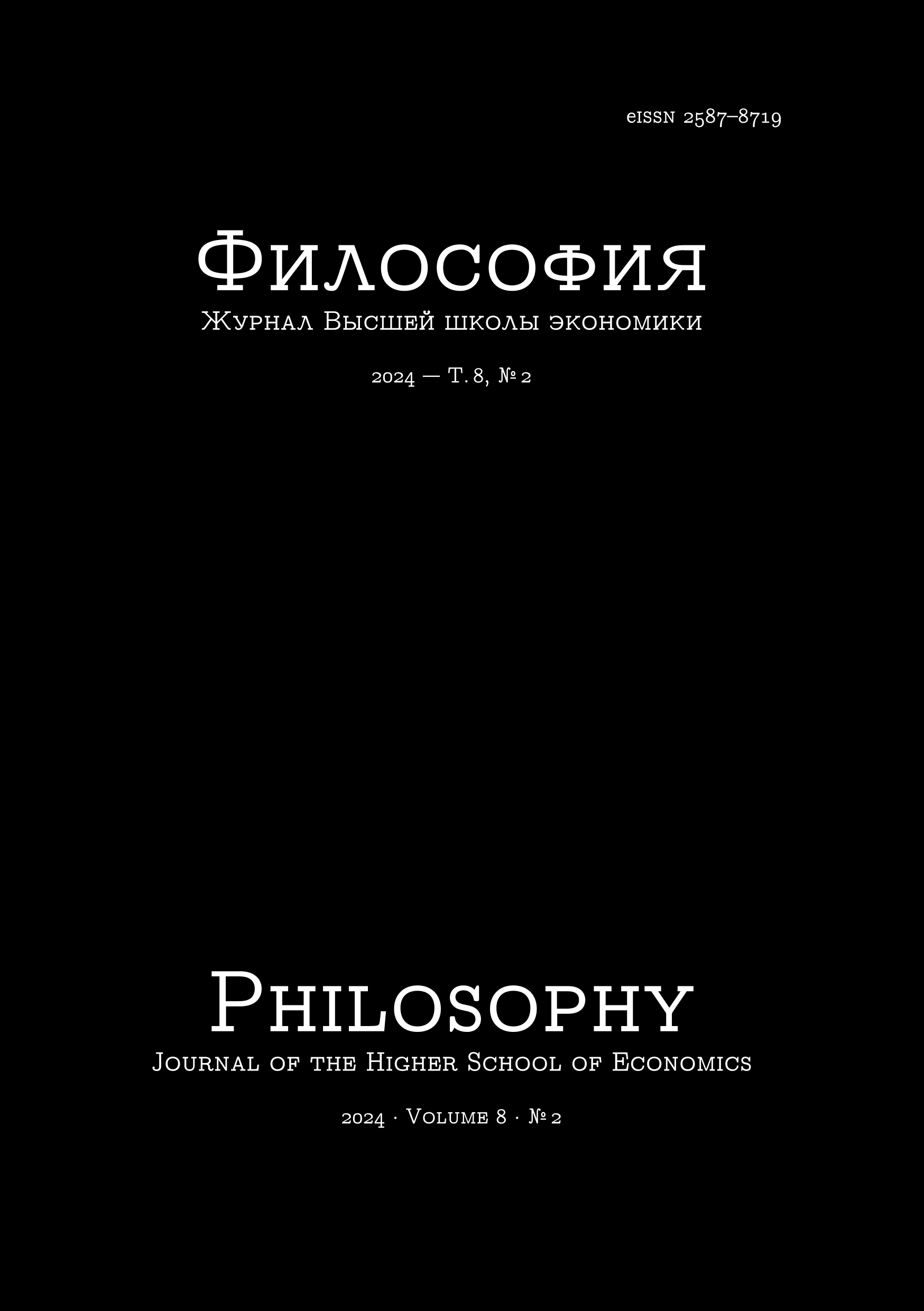Russian Socialists in Search of a Privately Embodied Future
Abstract
The article attempts a cross-cutting examination of the “images of the future” of Russian socialist intellectuals over the course of half a century: from the 1840s to the 1890s. Early Russian radicalism is characterized by an emphasis on the direct, personally realizable embodiment of new practices as a consequence of the need to overcome the gap between broad general ideas, the impossibility of social action and the prospects of the near future associated with one's own participation. The basic tension inherent in the next period (from the 1860s) for the socialist trend lies in the impossibility of more or less correlating visions of the desired future with visions of the actual Western European situation — and thus the impossibility of unequivocally adopting a straightforward progressivist view (which would otherwise make the actual Western European state more or less a close prospect for Russia). The same tension is also responsible for the special attention and complexity of the problem of personal, direct action, since “working in favor of progress” itself turns out to be socially ambiguous in this perspective. In this perspective, two seemingly distant lines are reinforced. Firstly, the “enlightenment”, conventionally a-historical — where the desired future is derived from the triumph of reason over unreason, and reason is equal to itself, and the key question is the degree of enlightenment of society/masses. Secondly, ethical — where the “just” is understood as not guaranteed by the course of history and as historical in itself (although rooted, as a rule, in “human nature”). This complex of ideas and perceptions gets a new intellectual life in the “idealist” movement of the early 20th century.
Downloads
Copyright (c) 2024 Philosophy Journal of the Higher School of Economics

This work is licensed under a Creative Commons Attribution-NonCommercial 4.0 International License.






